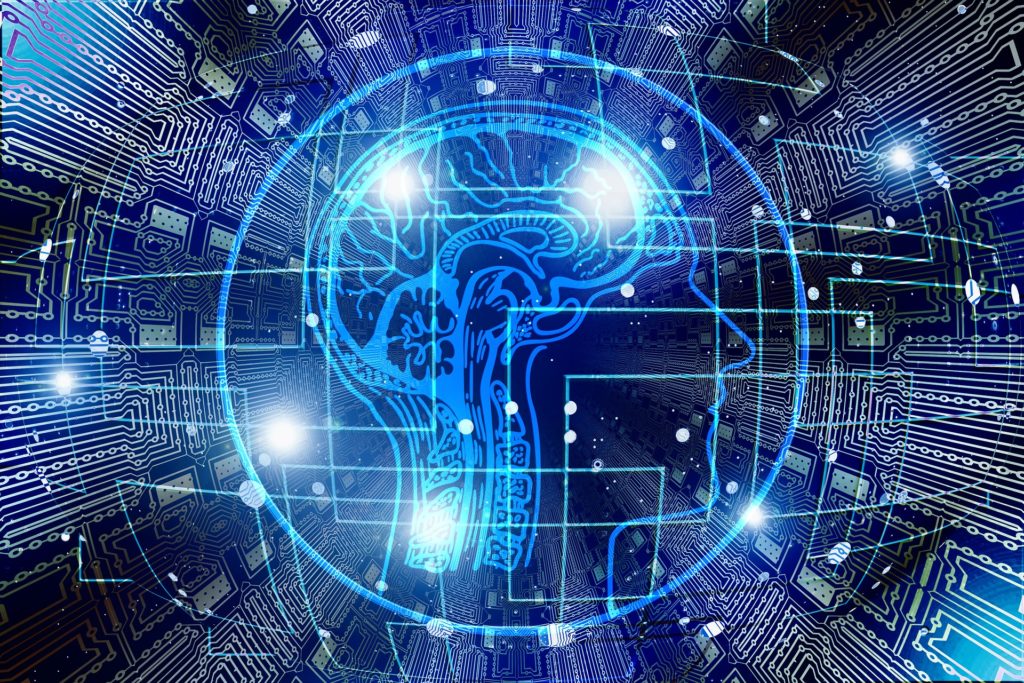
An opinion poll commissioned by the World Economic Forum found that “a sizable proportion of the global public believes greater oversight is needed of the use of artificial intelligence (AI) by governments and businesses”, the non-profit said on 1 July.
According to the poll – which surveyed the attitudes of more than 20,000 people across 27 countries – 41 percent of respondents said that they were worried about the use of AI, compare to a further 27 percent who disagreed and 32 percent who said that they were undecided.
When asked whether they believed that the use of AI by companies should be more strictly regulated than it is today, 48 percent of respondents said that they agreed, compared with 20 percent who disagreed.
Respondents’ scepticism concerning corporate use of AI was diminished when asked about governments with fewer people – 40 percent of respondents – believing that restrictions needed to be tightened, compared with 24 percent who said that they disagreed with the statement.
However, only 19 percent of respondents said that they believed that the use of AI should be banned altogether, compared to 48 percent who disagreed, supporting the idea that society does still overwhelmingly believe in the inherent potential of the burgeoning technology to do good.
The poll found that attitudes towards AI were relatively uniform across sex, age, income or education level. For example, slightly fewer men – 39 percent – said that they were concerned about the use of AI than women – 44 percent.
Similarly, respondents under the age of 35 were only slightly less likely than those aged 35-49, and those 50 and older, to agree with calls to further restrict the use of AI by government and for more regulation of business.
People with lower levels of education were just as concerned about the use of AI in general (42% compared to 41% for both medium- and highly-educated people), in favour of restricting government use (41% vs. 40% and 39%, respectively), and in favour of regulating business (48% vs. 49% and 49%, respectively).
The data was compiled by Ipsos for the Forum’s Annual Meeting of the New Champions, which brought together over 1,800 leaders this in the Chinese city of Dalian this year to discuss among other things the impact of technological innovation on the global economy and society.
“Artificial intelligence is one of the most powerful tools we have as a society,” Kay Firth-Butterfield, Head of Artificial Intelligence and the World Economic Forum, said in a statement. “But, without a governance structure to provide the guardrails for how we interact with this, we risk leaving large parts of the population behind.”
“Developing these guidelines is our focus area at the Centre for the Fourth Industrial Revolution,” she added. “We hope to accelerate the adoption of this technology to maximize its benefits, while minimizing the risks.”


Leave a Reply